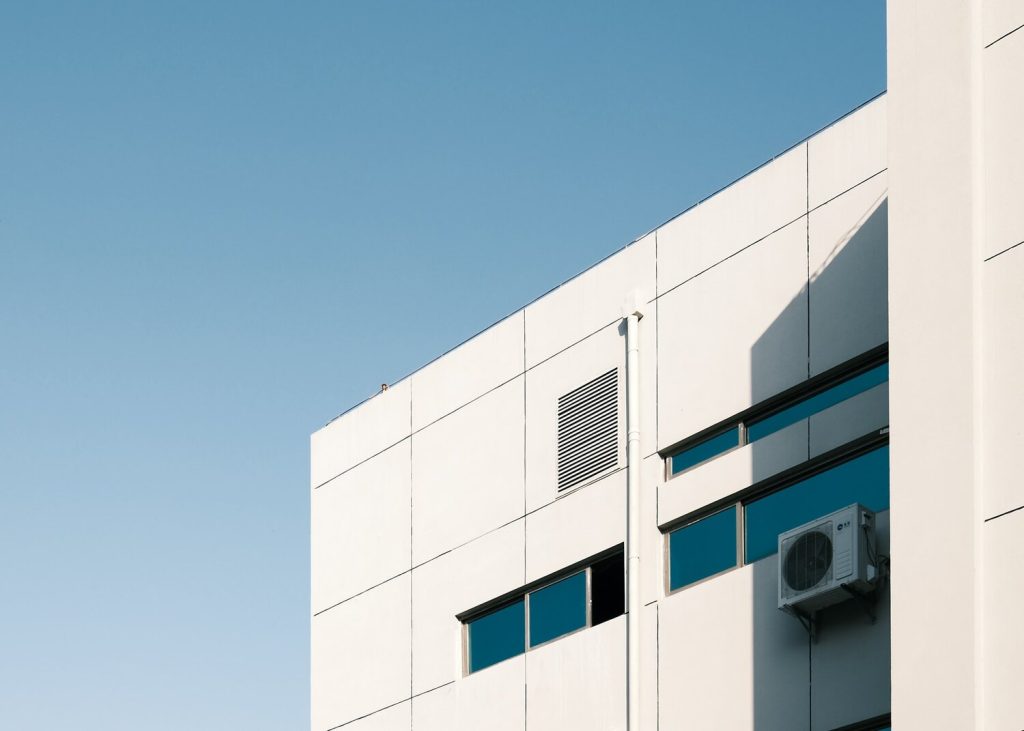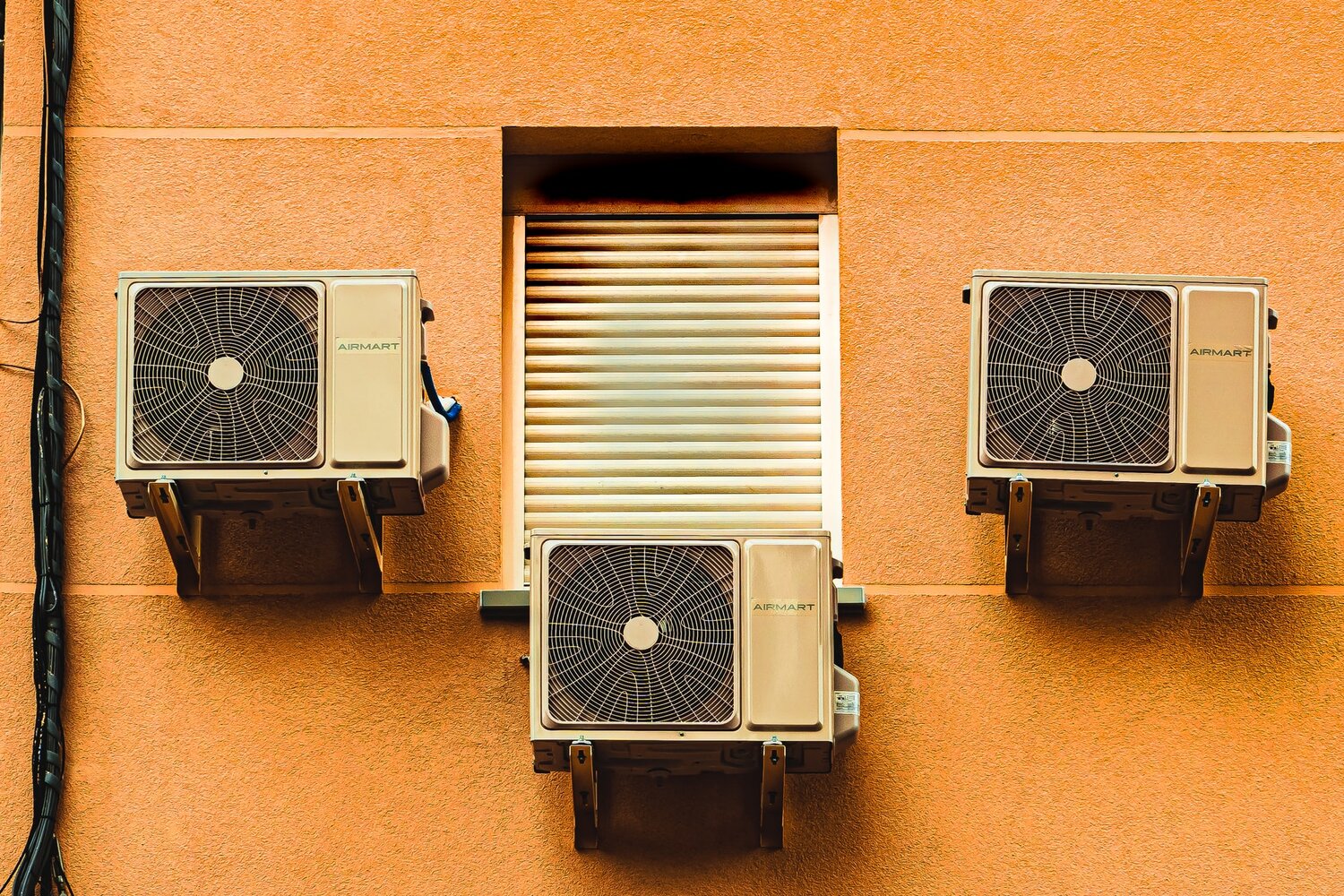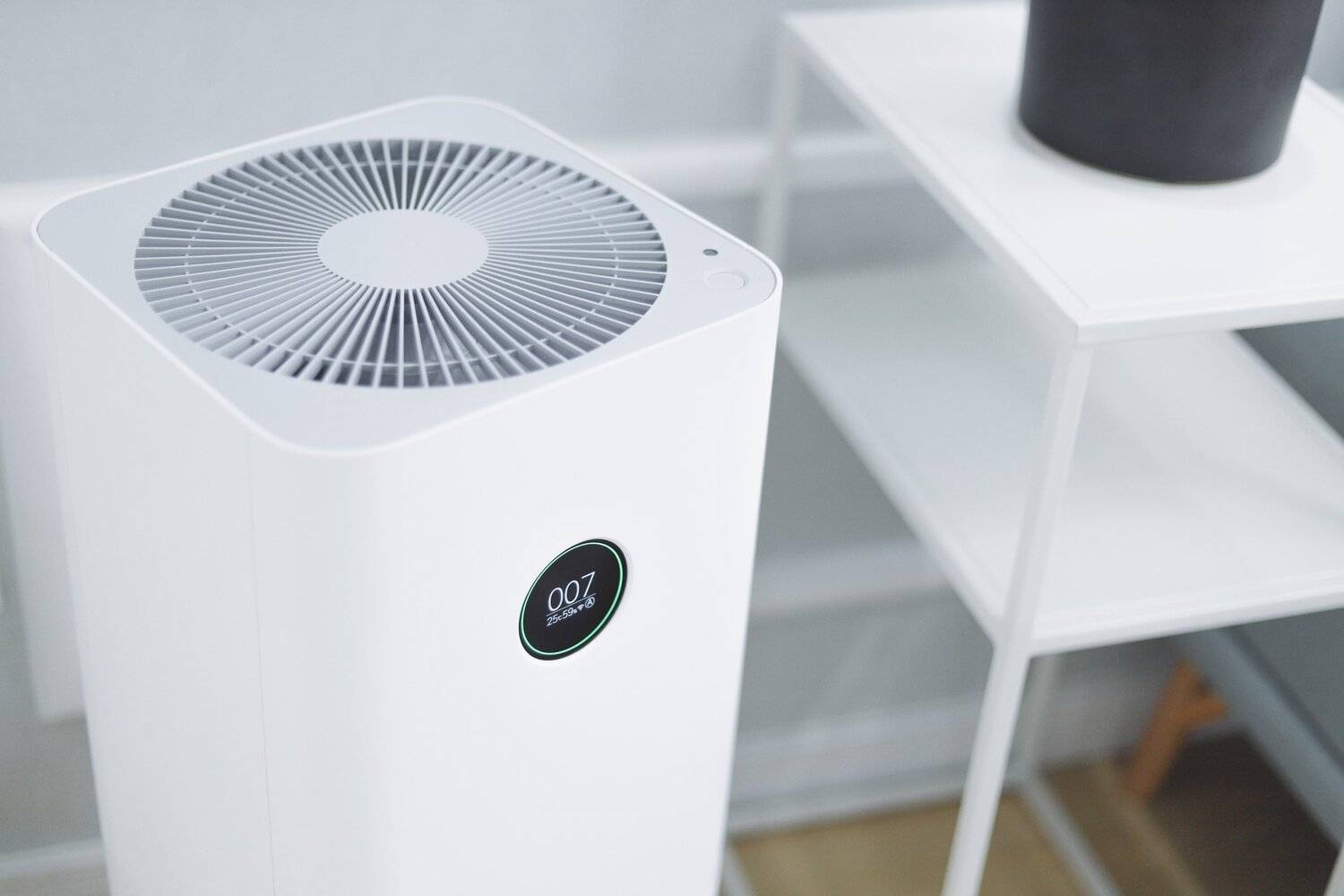September 23, 2021
How Long Does an Air Conditioner Last?

If you’re wondering how long does an air conditioner last, you probably don’t want to hear this answer: it depends. But, while you can get a rough estimate for the type of air conditioner you have, the real answer depends on a range of variables. We’ll look into what affects the lifespan of an air conditioner, and give you some tools to assess how well your AC unit is doing and what you can do now to prolong its life.
In general, air conditioners last between 10 – 25 years. Some central air conditioners may last up to 30 years with good maintenance. The lifespan of the units depends on factors like climate, usage, installation, upkeep, and the type of air conditioner.
How Long Does an Air Conditioner Last?
One of the key things to point out when you’re looking at how long air conditioners last is the type of air conditioner we’re talking about. For home and office buildings, you’re likely looking at two main kinds of air conditioners: central air conditioners and window air conditioners.
How long do window air conditioners last?

Window air conditioners can last between 10 – 20 years. Less powerful and less protected than central air conditioners, their lifespan is shorter, but they are durable. If you change their air filters regularly and make sure to give them a tune-up every year, your window air conditioner will be set for years.
How long do central air conditioners last?
Central air conditioners will last anywhere from 20 – 30 years. True neglect and misuse might reduce the lifespan to around 15 years, especially if the unit is the wrong size for the building it’s installed in. If an air conditioner is regularly maintained, it might even get up to 30 years before it starts to break down fatally.
What Affects How Long an Air Conditioner Will Last?
The lifespan of an air conditioner is affected by a wide range of factors, and as you read through this list of them, you should be able to spot where your air conditioner is on the spectrum. If you’re wondering whether or not it’s time to replace your air conditioner, pay close attention to these factors to see if they apply.
Climate
Climate plays a huge role in the way that air conditioners function! Air conditioners have to work much harder in humid areas than they do in dry climates because air conditioners work by removing moisture from the air. The more moisture there is, the more they have to work to recycle the air. Frequent humidity, ice, and rain are all going to take a significant toll on an air conditioner.
That doesn’t mean that dry climates are off the hook, though. If the air conditioner is being used constantly due to very high temperatures, that’s also going to increase the levels of wear and tear on your machine. In general, the combination of harsh winters and hot summers that we experience here in Utah is not good for our HVAC systems, and they require frequent maintenance to sustain themselves over the years.
Usage
We touched on it in the last point, but the bottom line is that the more you use your air conditioner, the sooner it will break down. If you live in a harsh climate that requires you to run your air conditioner every single day, that’s going to absolutely increase the number of breakages and malfunctions, and ultimately it’s going to cut short the lifespan of the unit.
If the air conditioner is set at a temperature that is too low in the heat and it has to be working constantly to maintain that temperature, and/or the home it’s in is poorly insulated leading to it frequently being turned on and off, that’s going to cause a lot of wear and tear on the system. Programming your thermostat to turn your AC unit off regularly is a good idea to give your air conditioner regular breaks.
Maintenance

There might not be anything you can do about the climate where you live, and there’s only so much you can do about your usage. The place you can really make a difference in terms of how long your air conditioner lasts is in the maintenance.
When dirt builds up in the air conditioner and bits of debris get into the system, that makes it much harder for the AC unit to actually maintain the temperature it’s set at. Air filters get clogged and restrict the airflow, water builds up in the ducts and the unit, mold grows – we could go on. The bottom line? Having your air conditioner regularly cleaned makes a huge difference in extending the life of your unit.
Ideally, while you’re replacing your air conditioner filter every three months, you should also get a professional in to assess the air conditioner and perform any tune-ups or part replacements before a breakdown can happen. Air conditioners are normally invisible to us in our daily life, so it’s going to be difficult to spot when something’s wrong until it really starts to become a problem. Getting an expert come in every year gives you the chance to catch problems before they intensify into expensive issues.
Cleaning Your Air Conditioner So It Lasts Longer
There are things you can do regularly to stop dirt and mold from building up in your air conditioner – check out our guides to Air Duct Cleaning, How to Clean a Furnace, and How to Clean Air Conditioner Filters. Clean or replace your filters, pay attention to the sounds and smells that are coming from your air conditioner, watch for any tell-tale signs of wear and tear such as rising energy bills or changing temperatures in the air coming from the vents.
But, as we’ve said above, the only real way to guarantee that you’re catching all the problems in the system is to invite professional HVAC system cleaners to do an annual check-up. If that’s what you’re looking for, we would be more than happy to help you out. Get in touch with us today!

Leave a Reply